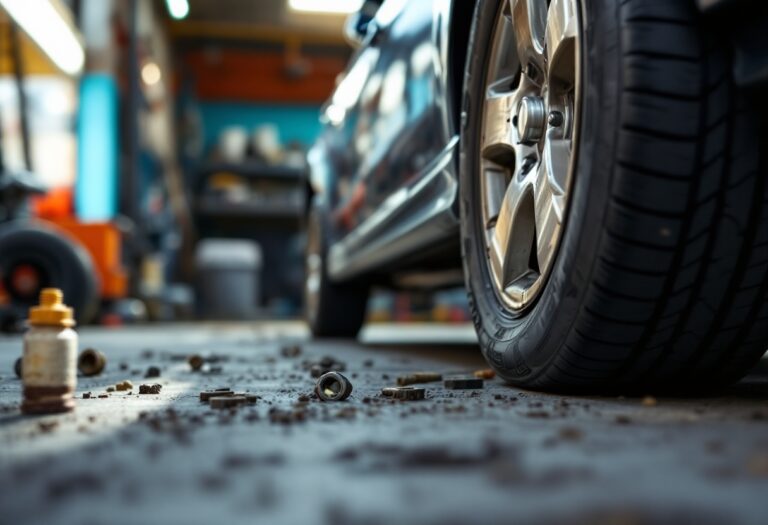Recent audits highlight the need for improved vehicle maintenance and safety protocols.

Topics covered
Highland Council is under increased scrutiny following a series of investigations into the safety and maintenance of its vehicle fleet. The concerns were sparked by incidents involving a wheel detaching from one vehicle and loose wheel nuts discovered on another.
These alarming events prompted Scotland’s Deputy Traffic Commissioner to issue a formal warning to the council’s vehicle team, highlighting failures in reporting defects and maintaining safety standards.
Investigations and audits reveal systemic issues
This is not the first time Highland Council has faced such scrutiny; it marks the second independent audit of its vehicle operations in just over a year.
The potential for a public inquiry loomed large, but councillors expressed relief that the council managed to avoid this outcome. However, the auditor’s findings have been described by some councillors as anything but a clean bill of health.
In 2021, a similar incident involving a wheel loss was reported in Lochaber, raising questions about the council’s vehicle maintenance protocols.
Fast forward to 2023, and the situation has not improved, with an MOT revealing loose wheel nuts and suspension issues on multiple vehicles. Despite immediate rectifications, the Driver and Vehicle Standards Agency (DVSA) deemed it necessary to conduct a more thorough investigation due to the severity of the faults.
Urgent actions and policy reviews mandated
The latest independent audit, conducted by Logistics UK and returned to the council in March, outlined several urgent actions that the council must undertake. These include a comprehensive overhaul of the defect reporting process and a review of driver compliance protocols. Alarmingly, the audit also revealed the absence of a formal drugs and alcohol policy, which is critical for ensuring the safety of drivers and vehicle staff.
To address these issues, the council is implementing a “no defect, no repair” policy, which aims to enhance the safety and reliability of its vehicle services. Additionally, further training on driver compliance and the establishment of a drugs and alcohol policy are on track for completion by the next report in September.
Council’s response and future outlook
Despite the serious nature of these findings, Highland Council is currently rated as “low risk” on the UK government vehicle operations scoring system. Graham MacKenzie, chairman of the council’s communities and place committee, acknowledged the gravity of the situation, emphasizing that avoiding a public inquiry was a significant relief. Meanwhile, councillor Drew Millar praised the staff for their efforts in averting what could have been a disastrous outcome.
However, not all councillors share this optimistic view. Inverness councillor Duncan Macpherson, who has extensive experience in the automotive industry, criticized the council’s response as reactive rather than proactive. He argued that if a private company had faced similar issues, it would likely have faced sanctions and financial penalties. Macpherson described the auditor’s report as “genuinely bad news,” expressing disbelief at attempts to frame the situation positively.
As Highland Council prepares for another independent audit by August 31, the focus remains on implementing necessary improvements to ensure the safety and reliability of its vehicle fleet. The upcoming report will be crucial in assessing the effectiveness of the council’s corrective actions and its commitment to maintaining high safety standards.




